The gender pay gap, motherhood, and allyship in the workplace
Despite strides in gender equality, women continue to be disproportionately represented in lower-paid jobs and part-time roles, which significantly contributes to the gender pay gap. Shockingly, this gap widened in 2023, indicating a regression in efforts towards equality.
Despite being hailed for being an innovative and inclusive sector, the tech industry does little to combat this. 50% of women leave the sector before reaching the age of 35, with motherhood being a significant factor. The rigid expectations of full-time availability and being constantly on call create barriers for women's advancement, hindering their path to leadership roles.
However, lack of flexibility isn’t the only challenge that women face in the workplace. Despite many organisations stating that they provide a welcoming and inclusive environment, the gap between policy and lived experience is stark. In a survey conducted by the team at HeyFlow, 64% of male leaders believe they are doing enough to support women in the workplace; however, the reality suggests otherwise. Only 4% of individuals experiencing period challenges feel comfortable discussing them with their managers, indicating a pervasive culture of silence and stigma.
Furthermore, a staggering 74% of male leaders admit they don't feel equipped to support team members experiencing menopausal symptoms, while 35% feel unprepared to handle an employee announcing their pregnancy. These findings highlight the urgent need for a more inclusive and supportive workplace culture.
Even outside of the workplace, women are subject to stigma regarding reproductive health topics. Words like 'menopause,' 'tampon,' 'period,' 'breastfeeding,' and 'menstruation' are shadow-banned across various social media platforms, exacerbating the stigma and hindering open dialogue. This perceived shame is then carried into the workplace, meaning women often don’t feel heard and are embarrassed to discuss a topic which affects them on a regular basis.
It's imperative that workplaces break down the taboo. It’s not something that will be fixed overnight as it's something that has been developed over many years as a result of societal norms, religious beliefs and lessons learnt in childhood. But, if workplaces embed a supportive environment, then it starts the process of change and creates a welcoming workplace, where women feel comfortable.
A key aspect of supporting inclusivity is allyship.
Allyship encompasses a commitment to standing with and advocating for marginalised groups, even when you don't share their lived experiences. But therein lies the challenge. For some, the idea of being an ally can feel intimidating, even alienating. It's not just a term; it's a label—one that comes with expectations and, sometimes, a fear of falling short.
This fear, however, can be a barrier to meaningful dialogue and action. It can stop people from entering crucial conversations, fearing they don't measure up to the perceived standards of allyship. And the discomfort doesn't end there. Surveys often reveal varying comfort levels among individuals when it comes to discussing topics related to diversity, equity, and inclusion.
But discomfort is not necessarily a bad thing. It can create a catalyst for growth and change. Acknowledging discomfort is a natural part of the process. By addressing this aspect, organisations can create spaces where individuals feel safe to engage, ask questions, and learn. It's about allowing people in—regardless of where they are on their journey—and providing the support and resources they need to grow.
Allyship isn't about perfection; it's about intention and action. It's about recognising that we all have a role to play in creating a more equitable and inclusive world.
The Good Employment Charter
The Good Employment Charter provides a platform for organisations across the West of England to commit to systemic change and foster a culture of inclusivity. By working with both SMEs and large corporates, the Charter aims to bridge the gap between policy and practice, ensuring that workplaces are truly supportive environments for all employees.
Get in touch with the team of experts to find out how you can get involved.
N.B. This blog was created from notes taken from a talk by HeyFlow and MotherBoard at the Good Employment Charter’s International Women’s Day event on 08 March 2024. To find out more about the companies who presented, head over to their website.
Related Articles
Count
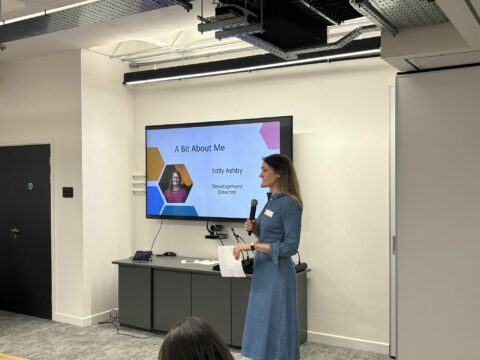
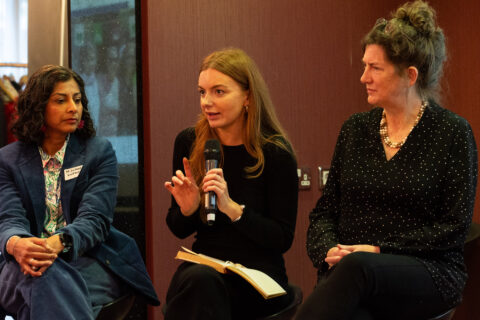
 Published date12 April 2022
Published date12 April 2022  Published date13 June 2022
Published date13 June 2022  Published date13 June 2022
Published date13 June 2022 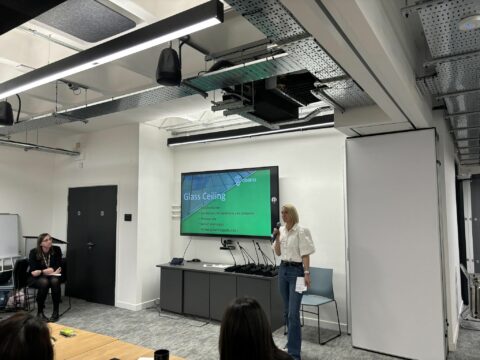
 Published date6 April 2022
Published date6 April 2022 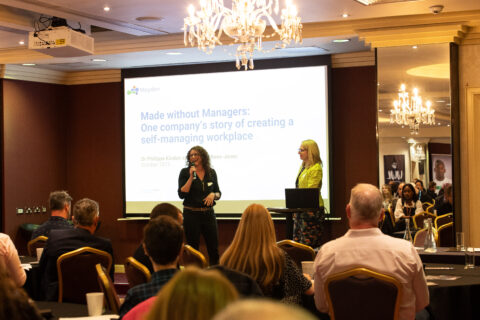
 Published date6 April 2022
Published date6 April 2022  Published date12 September 2024
Published date12 September 2024 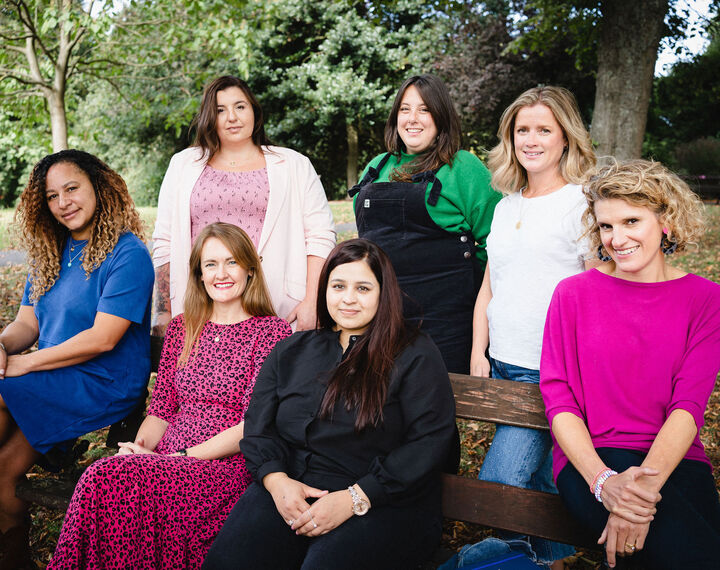 Published date19 February 2024
Published date19 February 2024 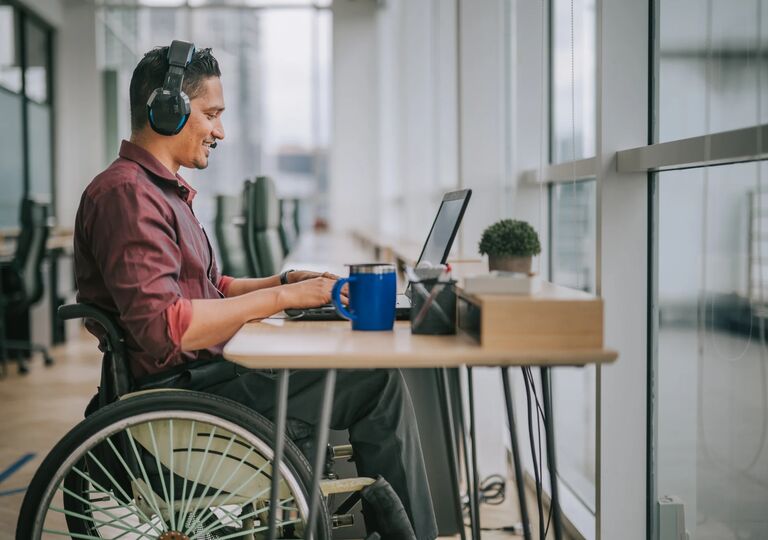 Published date12 September 2024
Published date12 September 2024  Published date30 May 2022
Published date30 May 2022 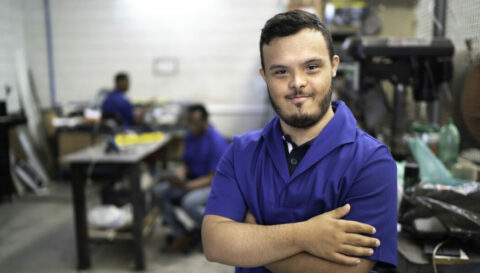
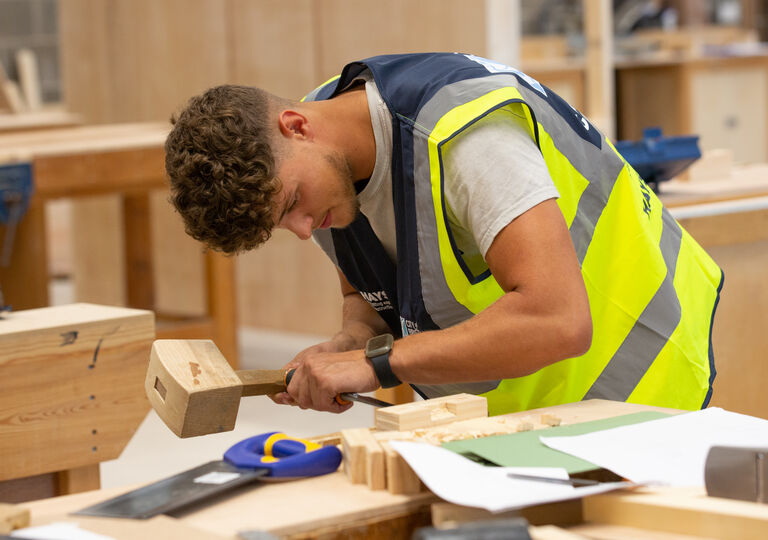 Published date6 April 2022
Published date6 April 2022 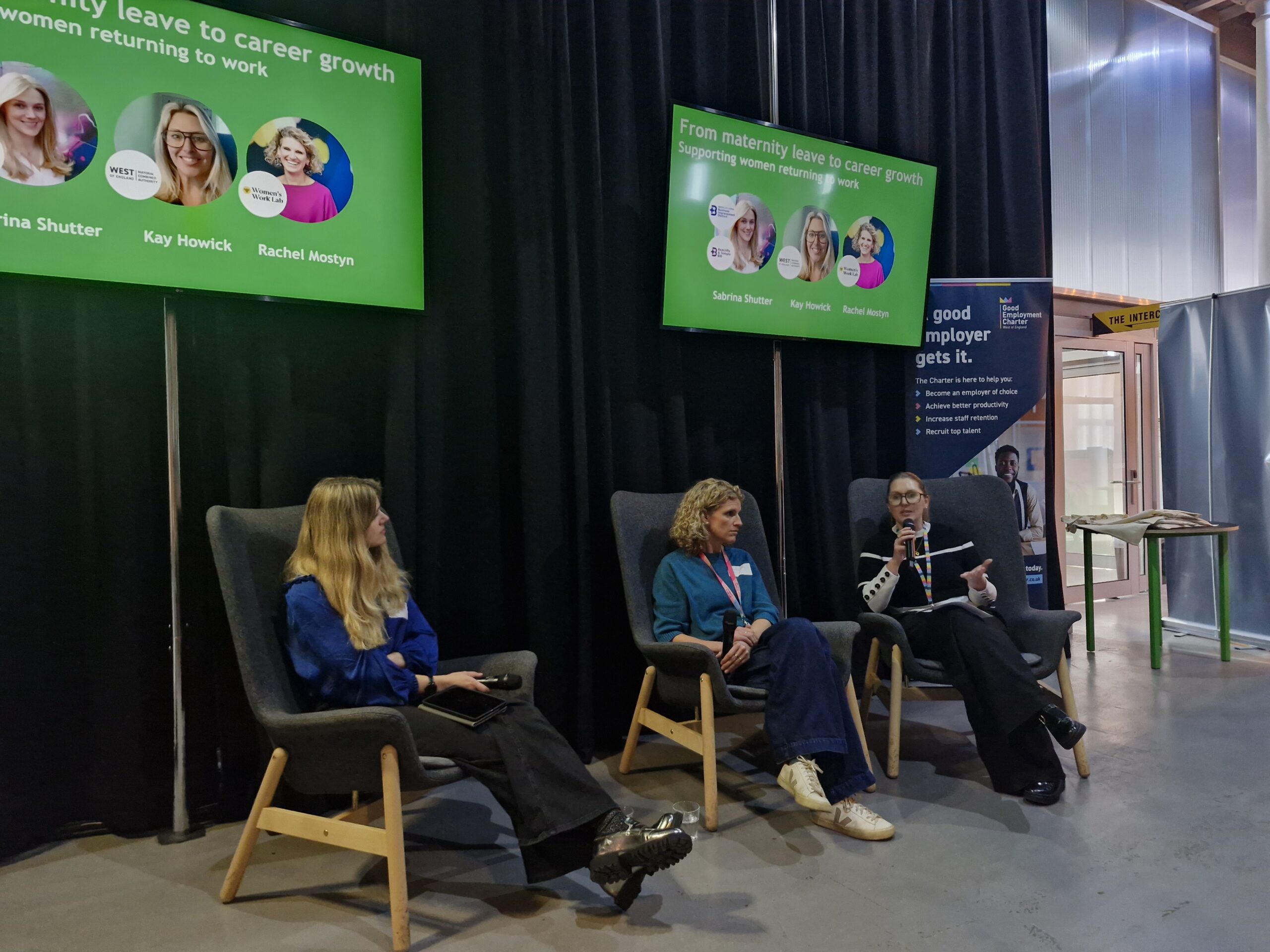 Published date12 March 2025
Published date12 March 2025